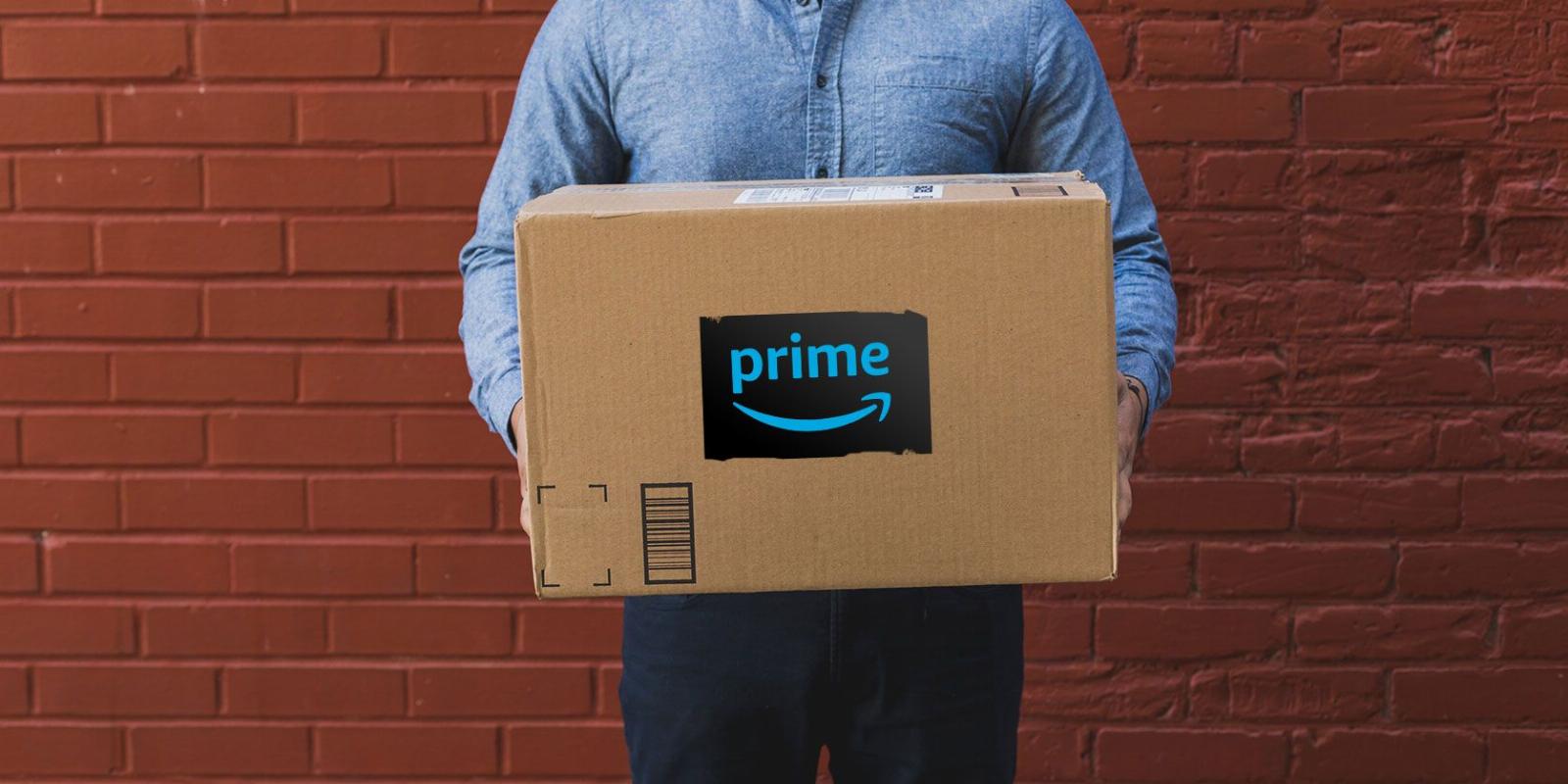
How Amazon Uses the Sunk Cost Fallacy to Make You Buy More
Reading Time: 3 minutesIs your Amazon Prime subscription actually saving you money?
It’s not exactly news that tech companies use all sorts of tricks and techniques to make us buy more than we need. One way Amazon does so is by using the sunk cost fallacy.
So, what is the sunk cost fallacy, how does Amazon use it, and how does it impact you as a shopper?
What Is the Sunk Cost Fallacy?
The sunk cost fallacy is the irrational human tendency to stay invested in something that has proven not beneficial or desirable. In order words, it’s when a person is reluctant to discontinue a bad idea just because they have already spent resources on it, even though doing so is logically more beneficial.
The sunk cost fallacy is prevalent in day-to-day life. For example, a college student may continue pursuing a degree she doesn’t want because she has already paid the tuition fee. Similarly, you may decide to continue watching a movie you’re not enjoying because you’ve already bought the ticket.
How Amazon Tricks You Into Buying More
Amazon is far from the only company that uses the sunk cost fallacy to make you buy more, but the way it does it makes it easier to understand. One of the benefits of Amazon Prime is fast and free shipping for all eligible items without any minimum order value.
The problem is that once you subscribe to Prime, you’ll likely feel the urge to buy more things on Amazon just to ‘get your money’s worth.’ In fact, according to a Statista report, most Prime members in the US place two to four orders per month, whereas non-Prime customers only order once a month on average.
This behavior is irrational because, on the one hand, you’re trying to save money by not paying shipping charges. But on the other hand, you’re buying more things to get the most out of that free shipping service you’ve already paid for—negating any savings.
This is a case similar to the Amazon Kindle eReader. Although you could get the device for cheap, you may find yourself regularly buying e-books from the most popular e-book stores, so you don’t feel like you wasted money on it.
So, Are Prime and Kindle Not Worth It?
We’re not saying Amazon Prime is a bad service; it’s actually quite reasonably priced for the benefits it offers, alongside free shipping. But that doesn’t change the fact that subscribing to it will make you more likely to buy things that you don’t need. If you want Prime just for free shipping, you should probably reconsider.
In fact, let’s do the math.
At the time of writing, Prime costs $14.99/month or roughly $180/year. Let’s assume you’re a non-Prime customer, pay the standard shipping rate of $3.99 per order, and buy more often than the average shopper, say, thrice a month. That’s roughly $12/month or $144/year, which is still cheaper than what Prime members pay.
That means your paid shipping is more affordable than the ‘free shipping’ you get from your Prime subscription. It only makes sense if you also value its other benefits, such as ad-free video and music streaming, Prime Day sales, bundled games, and more.
As far as Kindle is concerned, it makes the most sense for someone who is already an avid reader. If you’re trying to make reading a habit, it’s a good idea to start slow and download e-books on your phone first. If the habit sticks, you can buy the eReader later on. If it doesn’t, Kindle Unlimited isn’t worth it for you.
Be an Informed Shopper
As we said, Amazon isn’t the only company that uses the sunk cost fallacy as a sales technique; the practice is, in fact, commonplace across retail and consumer industries. The best way to dodge it is to do the math before you buy something designed to make you buy even more things.
Avoid falling victim to the sunk cost fallacy and save some money.
Reference: https://www.makeuseof.com/how-amazon-uses-sunk-cost-fallacy-make-you-buy-more/
Ref: makeuseof
MediaDownloader.net -> Free Online Video Downloader, Download Any Video From YouTube, VK, Vimeo, Twitter, Twitch, Tumblr, Tiktok, Telegram, TED, Streamable, Soundcloud, Snapchat, Share, Rumble, Reddit, PuhuTV, Pinterest, Periscope, Ok.ru, MxTakatak, Mixcloud, Mashable, LinkedIn, Likee, Kwai, Izlesene, Instagram, Imgur, IMDB, Ifunny, Gaana, Flickr, Febspot, Facebook, ESPN, Douyin, Dailymotion, Buzzfeed, BluTV, Blogger, Bitchute, Bilibili, Bandcamp, Akıllı, 9GAG